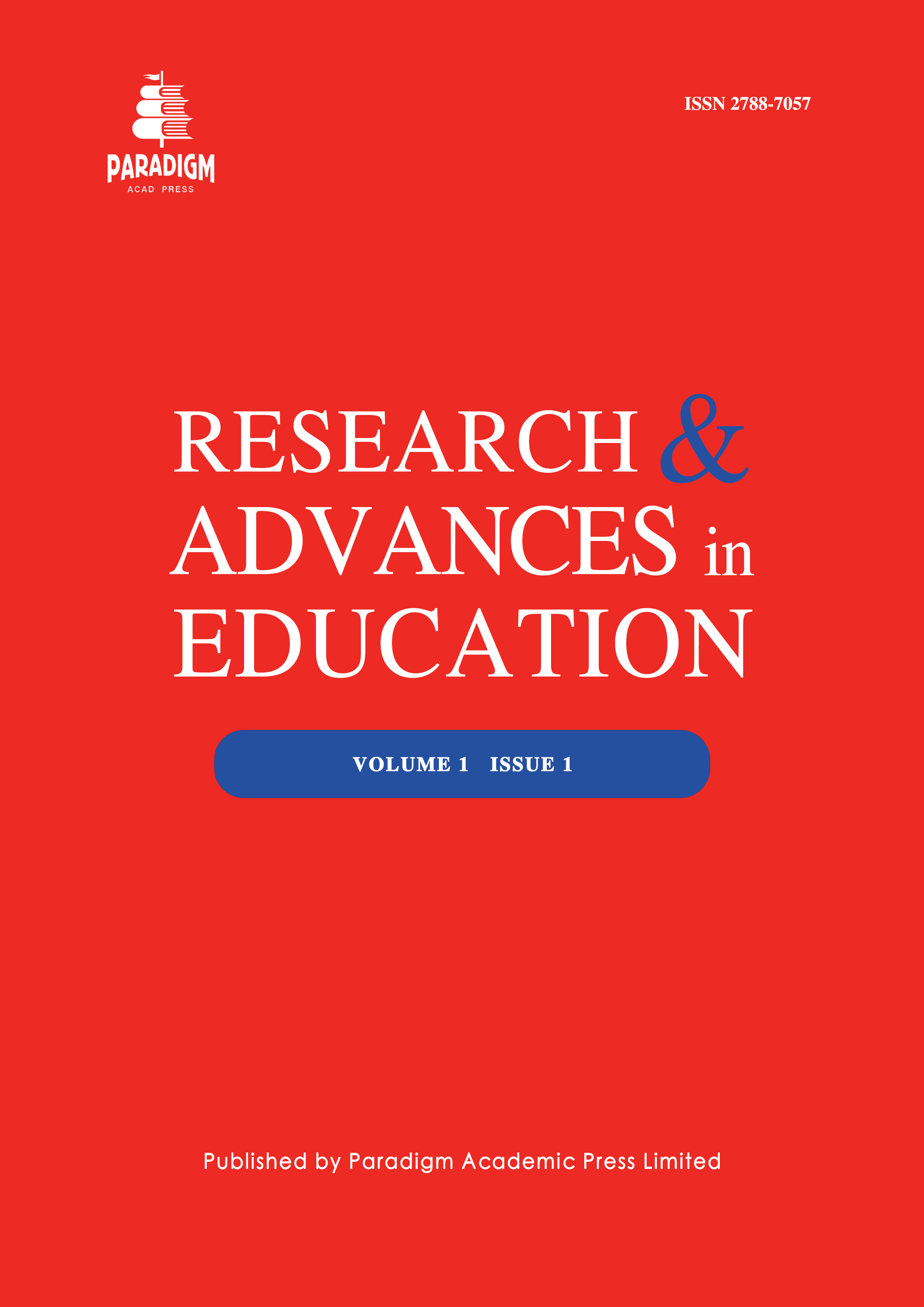Metacognition and Reflective Teaching: A Synergistic Approach to Fostering Critical Thinking Skills
Keywords:
metacognition, reflective teaching, critical thinking, education, pedagogy, self-regulation, learning strategies, problem-solving, reflective questioning, cognitive developmentAbstract
This paper explores the symbiotic relationship between metacognition and reflective teaching, shedding light on how this synergy can significantly enhance the development of critical thinking skills among students. Metacognition, the conscious awareness and control of cognitive processes, forms the foundation for reflective teaching, which centers on educators’ introspection and thoughtful examination of their instructional practices. Critical thinking skills are pivotal in today’s information-rich world, enabling individuals to analyze, evaluate, and adapt. The core premise of this paper is the examination of how metacognition informs reflective teaching and vice versa, ultimately empowering students to become confident, analytical, and adaptable thinkers. This exploration unveils practical strategies, real-world examples, and research insights, offering educators a holistic approach to nurturing critical thinking skills through metacognition-enhanced reflective teaching practices.


